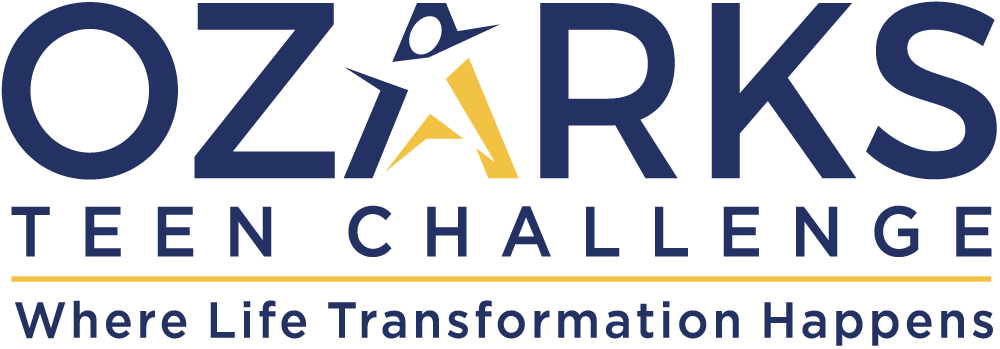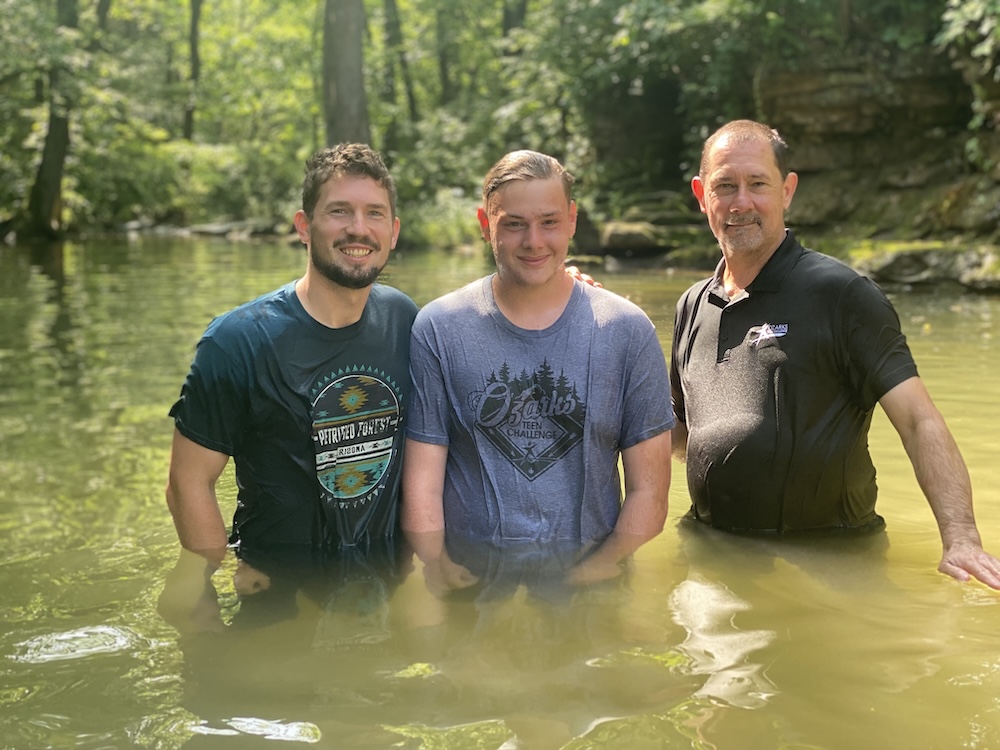In a world where scandal, violence, and tragedy are commonplace, it’s not surprising that most of us have become skeptical and distrusting. Words that used to bring unity and comfort, like family and faith, have become polarizing issues. Even the title of this blog will carry different meanings based on your viewpoint. Some clicked this link thinking this blog was going to be a dressing down of faith-based services. Others clicked seeking basic information, but there lies the problem. We judge based on our assumptions and experiences but who can blame us…that is all we have to go on. We do the best we can with the information we have.
Problems arise, however, when we allow our individual perspectives to create black and white thinking that excludes new data. We often take the limited experiences we have, make judgements, and then close ourselves off to all other possibilities. Eventually, this polarized thinking creates mistrust and even, anger. Anger directed at any and all who we perceive are on the opposite side of our fences.
Many have heard the phrase “knowledge is power.” The only way that power is accessed is by becoming lifelong learners. This DOES NOT mean that black and white truths don’t exist. They have to exist. But if we aren’t open to continued learning, then we might find ourselves on the wrong side of that fence. If something is true, it will be confirmed. If not, we’ve opened ourselves up for growth. The best way to become lifelong learners is to begin to ask ourselves the question: “why?”
So…when you looked at the title of this blog, what did you think and, more importantly, why did you think it?
Addressing the Elephants in the Room
What does this have to do with faith-based recovery services? Well, we want to address this issue up-front. Because we know that the term, “faith-based,” is a polarizing term, for many. Those of us who work in recovery services, are used to addressing the “elephants in the room.” In fact, we love it! Those who attend religious services may find the term, “faith based,” comforting. While others, may believe that “faith-based” services are unprofessional or based upon religious mumbo jumbo (I apologize…I’ve always wanted to use that term in a blog…so there you go.)
No matter what your perspective, the best way to overcome polarization of our perspectives is to communicate and learn from one another. We, at Ozarks Teen Challenge, cannot expect anyone to seek our faith-based recovery services if we cannot define it ourselves. Knowing that, we want to break down what “faith-based” means and address how that affects our students’ quality of care. Now, we can’t and won’t attempt to speak for all faith-based services. We encourage you to thoroughly research any treatment center you may be considering. But for us, at Ozarks Teen Challenge, we love transparency and communication. So, let’s break it down. How does our Christian faith affect our recovery services?
“Faith-Based” Recovery
Some people see “faith-based” and assume it’s just a term used to cover up treatment without proven theory. However, throughout the psychological field, counselors and theorists alike have recognized the importance of addressing their clients’ spirituality. The famed 12-step program, within recovery services, often credits the inclusion of recognizing a “higher power” with much of its success.
The faith-based program at Ozarks Teen Challenge, focuses upon the clients’ spiritual development as the most vital key to their recovery. Our foundational Christian faith leads and guides our services. This is not to say that we do not understand the importance of professional training, credentials, and education. We ensure that all of our staff receive extensive training in safety and recovery services. Including: First Aid, Crisis Prevention Training, Alcohol & Drug Training for both Recovery Specialists & Counselors. In addition, many of our staff hold degrees ranging from Masters or Doctoral degrees in Criminal Justice, Counseling, Recreational Therapy, Business & Theology. Please check out our Staff Page to learn more.
Still, some may flinch at a specific faith being the foundational piece of a program, but let’s spell out exactly what this means for our students.
Inherently Valuable
The first and foremost way faith affects our services is our belief that each person is created by a loving God. How does this belief affect our students? It translates in how we value them. We believe that each student is inherently valuable because they were created by a God who loves them. In fact, one of the most foundational Christian beliefs we teach is the importance of understanding this value. We believe that:
- God created each of us with intentional design and purpose.
- Christ, Himself, demonstrated our value by ransoming His own life for ours.
Understanding this value is key to recovery, because “we care for and invest in that which we value.” Helping our students understand that they are important, valued, and loved is the first step towards their recovery and spiritual growth.
No Lost Causes
Another foundational belief, is that God loves everyone no matter our race, creed, history, or criminal records. Students come to us from a variety of backgrounds and experiences but we believe that no matter who they are or what they have or haven’t done, they matter. God loves them, and there is no problem too big that He is not willing to help them overcome.
Forgiveness & Restoration
We also believe that God does not leave us to our messes. He provides forgiveness, healing, and restoration. For our students, this means that we provide spiritual counsel that encourages them to seek forgiveness and healing from God through faith, if they so choose. We also encourage them to make amends and/or extend forgiveness to others. This process allows them to let go of guilt and shame by talking openly about their issues and seeking restoration with their families.
Responsibility & Boundaries
Our belief in forgiveness does not, however, translate into life without consequences. Christian beliefs acknowledge that while forgiveness is offered, we still have to face and walk through the consequences of our actions. By doing that, we learn and are able to establish new healthy boundaries that can help get us back on track.
We also encourage our students to seek God’s purpose and will for their lives through prayer, scripture, and wise counsel. Realizing that they can not only receive healing, themselves, but also help others is a life changing truth. Giving back to others, finding purpose for their lives, and taking responsibility for their actions helps them to maintain healthy boundaries moving forward.
Empowered for Future Success
Another spiritual principal that is foundational to our program, is that God does not forgive us, setup up unreachable standards, and then just leave us to our own devices. He has a plan and purpose for our lives. He empowers us to bring life and hope to those around us…to be agents of positive change in this world. He accomplishes this by gifting us with His, Holy Spirit, to walk in continued freedom.
This does not mean that we will be perfect people. It means that we will have help when we stumble, comfort when we mourn, and peace in the midst of turbulent waters. Our students are not dependent upon us after graduation (even though they know we are always available) because they have a much more powerful help in time of need.
Freewill
What if a student is an atheist? Well, that does not in any way change our foundational beliefs. We believe that they are equally valuable and equally loved. We respect their right to choose to believe as they will. That is actually one of the truths found in Scripture. God gives each of us free will and allows us to choose if we will believe in Him or not. No one can force faith. It would cease to be faith if that was the case.
We respect all of our students. We also model the same respect that we hope to see them learn to have for those who believe differently than themselves. We will continue to stay true to our beliefs, however, by teaching these spiritual principals and utilizing Biblical courses to do so (all of which is fully outlined and disclosed to all of our families prior to enrollment.)
Servant Leaders Not Time-Card Punchers
Because of these foundational beliefs, there is also a significant difference in our staff. Our staff are dedicated to the spiritual principles listed above and believe that their calling and purpose is to see to the well-being of our students. They are passionate for seeing our students find freedom and hope, entering into a bright future.
As a staff, we also believe in following the model of Christ, by becoming servant leaders. We lead through actions, words, and personal spiritual development. We believe in modeling that which we teach our students, because we know that they do not have time for us to just be time-card punchers. They need people who care; who will walk alongside them to break down the walls of mistrust and personal pride.
The Bottom Line
The “faith-based” difference is simple…there is hope for freedom because we ARE NOT God. For those of us who have personally failed, been mistreated, or been disillusioned by the failure of others, there is still HOPE because we ARE NOT all there is. There is a higher power and He is what we often are not…loving, forgiving, and able to empower us to live lives free from addiction.
When we come to end of ourselves (hit bottom) and realize we need help, “…these three remain: FAITH, HOPE AND LOVE; but the greatest of these is LOVE.” -1 Corinthians 13:13




